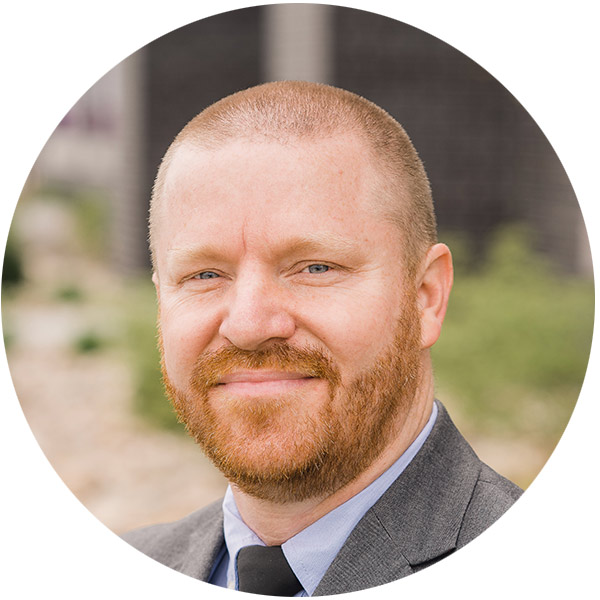This is an item in our Local Government Toolkit.
Many cities throughout Utah have recognized that the keeping of chickens is compatible with neighborhood living. For example, when properly cared for, the noise and odors from chickens are minimal and hardly noticeable, even in close quarters. Accordingly, it is common to have ordinances that allow residents to keep chickens in urban and suburban settings.
Our primary recommendation is to avoid banning chickens in residential areas. In terms of regulations, we recommend a principle-based approach to backyard chicken ownership:
- Instead of permits and fees, craft a clear ordinance that enables residents to clearly understand what the requirements are and where any complaints can be directed.
- To address sanitary and nuisance concerns, requirements to keep chickens in an enclosed area and to keep their coops free from objectionable odor and waste are appropriate.
- Avoid controls on lot size or a strict limit on the number of chickens a person may keep.
In terms of a model city to follow, we recommend Farmington. Farmington offers a helpful example for backyard chicken regulations, highlighting residents’ capabilities of responsible ownership rather than implementing tight controls on lot sizes, animal limits, and mandating fees or permits.
Are you a local elected official and interested in chatting with us more about this topic? Please reach out to us at localgovt@libertas.org—we’d love to chat!
Resources:
Op-eds and Articles:




